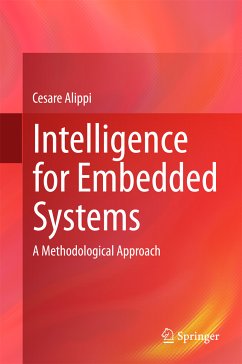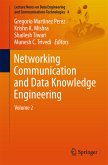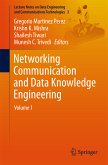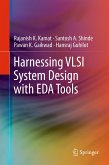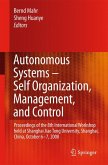· robustness (the robustness of a computational flow and its evaluation);
· intelligence (how to mimic the adaptation and cognition abilities of the human brain),
· the capacity to learn in non-stationary and evolving environments by detecting changes and reacting accordingly; and
· a new paradigm that, by accepting results that are correct in probability, allows the complexity of the embedded application the be kept under control.
Theories, concepts and methods are provided to motivate researchers in this exciting and timely interdisciplinary area. Applications such as porting a neural network from a high-precision platform to a digital embedded system and evaluatin
g its robustness level are described. Examples show how the methodology introduced can be adopted in the case of cyber-physical systems to manage the interaction between embedded devices and physical world.
Researchers and graduate students in computer science and various engineering-related disciplines will find the methods and approaches propounded in Intelligence for Embedded Systems of great interest. The book will also be an important resource for practitioners working on embedded systems and applications.
Dieser Download kann aus rechtlichen Gründen nur mit Rechnungsadresse in A, B, BG, CY, CZ, D, DK, EW, E, FIN, F, GR, HR, H, IRL, I, LT, L, LR, M, NL, PL, P, R, S, SLO, SK ausgeliefert werden.

